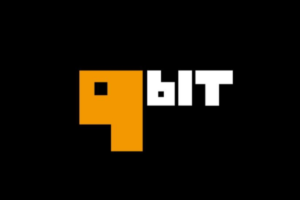Is Forex Trading Legal in Vietnam? 7 Questions Answered
If you’ve ever asked yourself whether forex trading in Vietnam is actually legal—you’re not alone. The whole thing feels a bit… complicated, right? Some folks say it’s banned, others say it’s fine. The truth? Well, it’s somewhere in between. Let’s walk through some of the most common questions people ask.
1. Is Forex Trading Legal for Vietnamese Individuals?
The short answer? Not exactly. Vietnamese law currently doesn’t allow individual traders to legally access international forex markets directly. Only licensed banks and financial institutions can officially conduct foreign exchange trading.
That said, many Vietnamese still trade forex using international brokers—so it’s not black and white. It’s a bit like one of those rules everyone knows but not everyone follows.
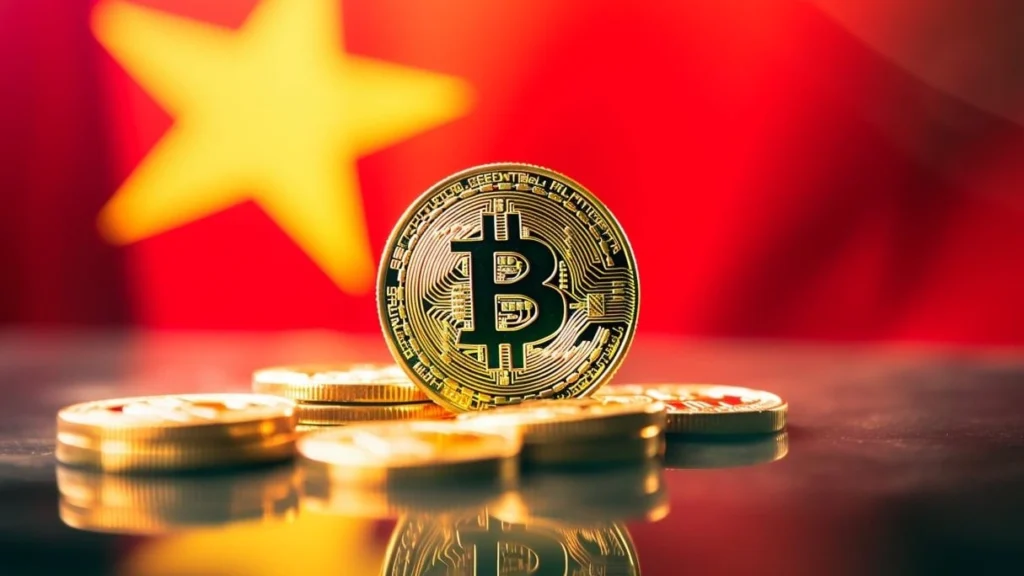
2. Can I Use International Forex Brokers from Vietnam?
Yes, you can. Plenty of Vietnamese traders do this right now. International forex brokers often accept clients from Vietnam, even though they aren’t regulated under Vietnamese law.
But let’s be honest—this is where the legal gray zone kicks in. Authorities aren’t actively blocking these platforms, but you also don’t have local protection if something goes wrong. Some people are fine with that risk… others? Not so much.
3. The Hidden Risks You Should Know About
Risk is baked into forex trading no matter where you are—but in Vietnam, there’s an extra layer. The biggest risk is trading with unlicensed or shady brokers, especially local ones. They’ve been shut down in the past and can disappear with your money.
Plus, since you’re outside Vietnam’s regulatory safety net when using international brokers, you won’t have legal backup if a broker defaults. Some traders are willing to roll the dice—some aren’t.
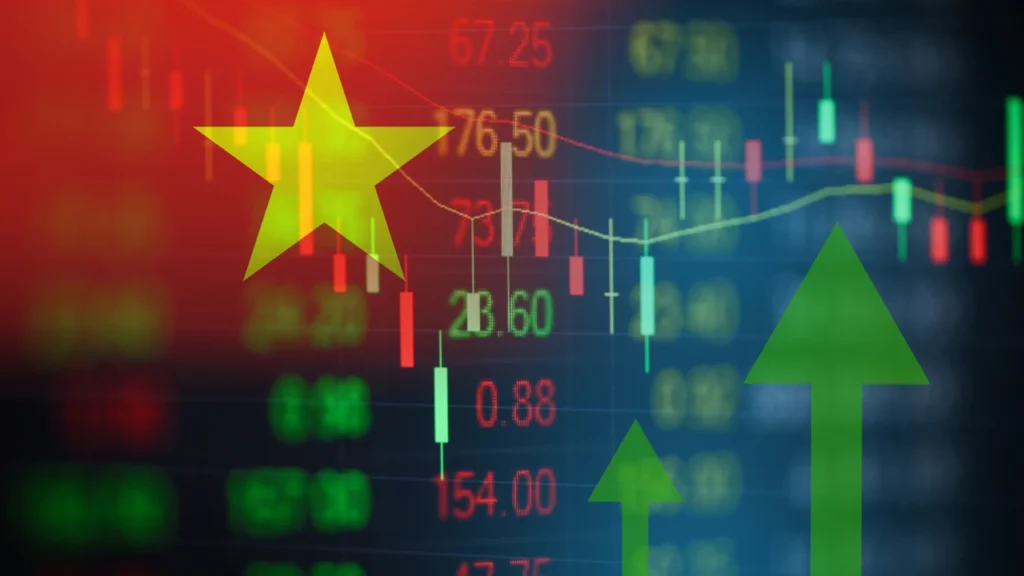
4. Are There Any Fully Legal Ways to Trade Forex in Vietnam?
There are—sort of. You can legally exchange foreign currencies through licensed Vietnamese banks. But this isn’t the fast-paced forex trading you might have in mind.
Banks offer currency exchange for travel, education, and overseas payments—but not for active forex speculation. So if you’re looking to make quick trades, this route won’t get you there.
5. Could I Get in Trouble for Trading Forex in Vietnam?
So far, most penalties have been aimed at illegal brokers, not individual traders. But that doesn’t mean you’re totally safe. Vietnamese authorities could tighten enforcement any time.
Some say as long as you’re using international brokers quietly, you’ll probably be fine. Others say it’s playing with fire. It’s one of those situations where “probably” isn’t super comforting, right?
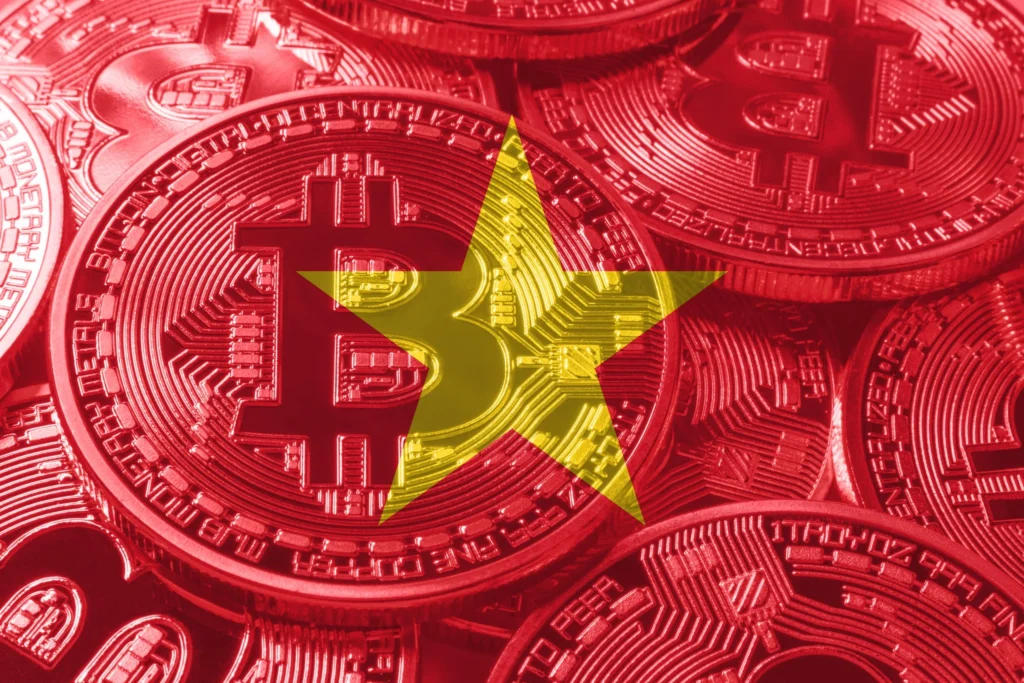
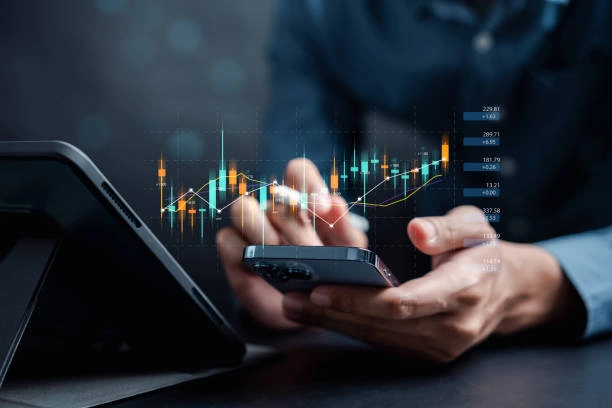
6. Starting Smart: A Safer First Step
Honestly, start slow. Demo accounts are a great first step. You can practice with fake money—legally—and test out how trading works without risking anything real.
Also? Take your time picking a broker. Look for international platforms with strong reputations and proper regulation in other countries. Skip the flashy promises, the too-good-to-be-true offers, and anything that seems just a little off.
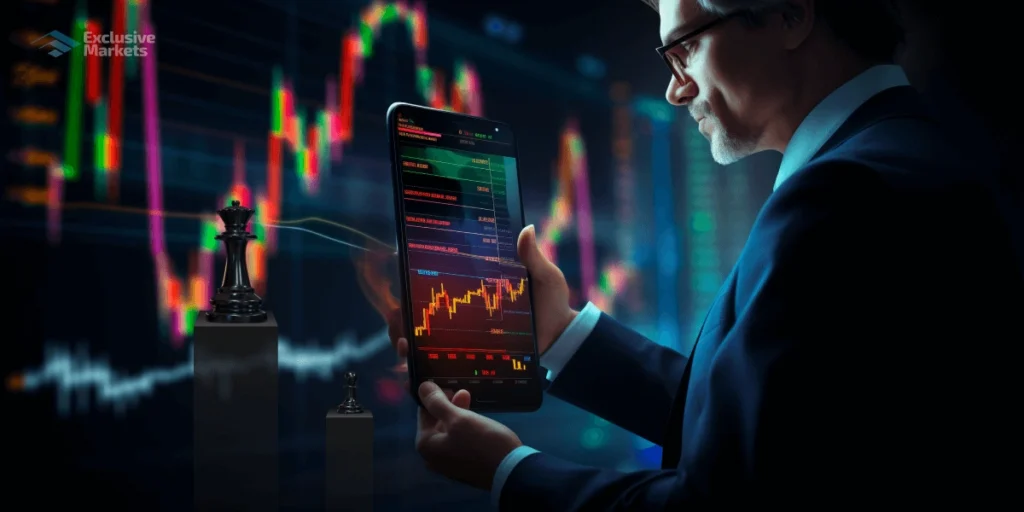
7. So, Is Forex Trading in Vietnam Really Worth It?
Maybe yes, maybe no. Legal forex trading in Vietnam is limited, and international trading sits in a legal gray area. Some people think it’s worth stepping into that space for the potential gains. Others prefer to stay on the safe side.
What’s clear is this: if you’re going to trade, you need to understand the forex Vietnam landscape and stay sharp. Nothing here is guaranteed—trading always comes with risk. The question is, are you okay with that?



